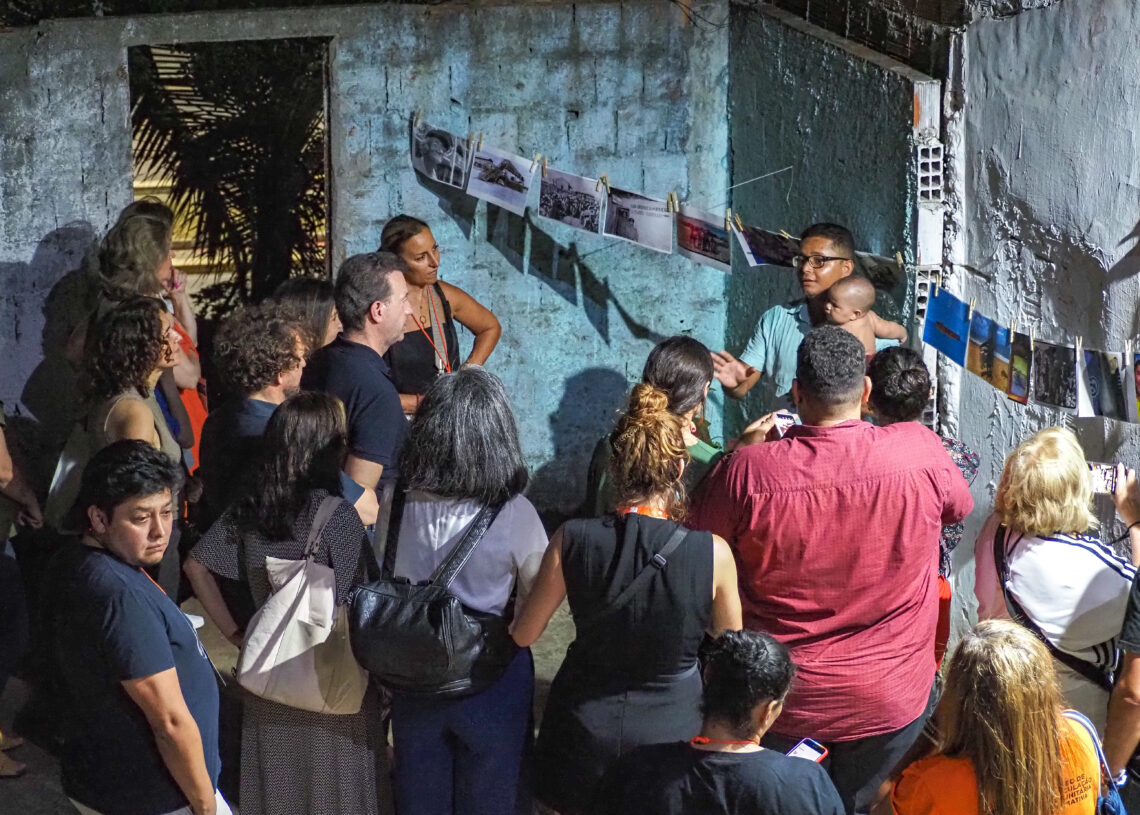The COPOLAD III Program is particularly interested in supporting the strengthening of National Drug Observatories (NDOs), both in their technical capacity and in their level of influence in the design and evaluation of drug policies, acting in increasingly complex scenarios.
The program considers that the role of the NDOs or their similar areas in the national drug commissions has the strategic function of setting up a national drug information and research system to guide the design of specific policies; to evaluate the effectiveness and impact of the drug policies implemented; to have the sensitivity to identify and warn about new drug policies; and to be able to identify and alert the public on the need for new drug policies.
to identify and warn about new threats and emerging problems, and to make visible the populations especially affected by the dynamics of drugs and their problems and incorporate them into the process of analysis and the search for more humane and effective solutions and policies.
Agenda
Concept Note
Working lines
In order to contribute to the strengthening of the Observatories’ capacities to carry out their strategic function, the COPOLAD III Program proposes five lines of work:
1.1 Strengthening of national systems and regional networks of scientific research on drugs,
1.2 Improving the analytical and advocacy capacity of the NDOs.
1.3 Incorporation of a differential and rights-based approach in the information and research systems of the NDOs.
1.4: Development and strengthening of drug policy monitoring and evaluation systems,
1.5: Development and strengthening of Early Warning Systems.
The first International Meeting of Latin American and Caribbean Observatories will be held in Lisbon from May 22 to 26, 2023, and will be a space for meeting, dialogue and sharing of the progress made so far in each line of work, with the aim of encouraging the NDOs to carry out research and management processes that imply a qualitative advance in their trajectory. They will also be able to participate in the Extended Meeting of the European Information Network on Drugs and Drug Addiction.
on Drugs and Drug Addiction (REITOX), as an important input for the comprehensive understanding of the advantages of cooperation and coordination at infra-national or local and supranational levels.
Participants
One person from each of the drug observatories and interested LAC and EU countries was invited to participate. In addition, experts from international organizations and academia specialized in the subject were also present.
The countries invited were: Argentina, Brazil, Chile, Colombia, Costa Rica, Ecuador, El Salvador, Guatemala, Honduras, Mexico, Panama, Paraguay, Peru, Dominican Rep. St. Kitts and Nevis, St. Vincent and the Grenadines, St. Lucia, Suriname, Trinidad and Tobago, Spain, Bulgaria, Greece, Poland, Portugal, Romania.
PPTs
No ppts. Reitox Meeting with EMCDDA.
3.7.1 Regional and international drug research networks-Ana Arjona.
3.7.2 Regional and international drug research networks-Marta Moreira
3.7.3 Regional and international drug research networks- Lucas Marin
3.8.1 Regional and international drug research networks-Diego Ruiz
3.8.2 Rgional and international drug research networks- Nadia Robles
5.15. Objectives and advances SG.1.1. by Robles y Uki Atkinson
5.17.1 Impact of academic work on public policy -Ana Arjona
5.17.2 Collaborative work with academia and civil society in policy design-Ludmila Carapinha
5.19 Objetivos y avances del SG 1.3 Diego Ruiz-Maureen Lozier
5.20.1 Guide-Perspective of rights-Mauricio Sepulveda PPT
5.20.2 Guide-Perspective of gender- Maria Pawlowicz
5.21. Research with a differential, rights and gender focus Linda Montanari



























